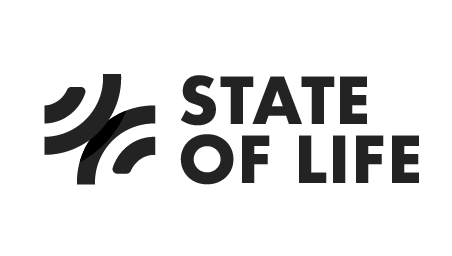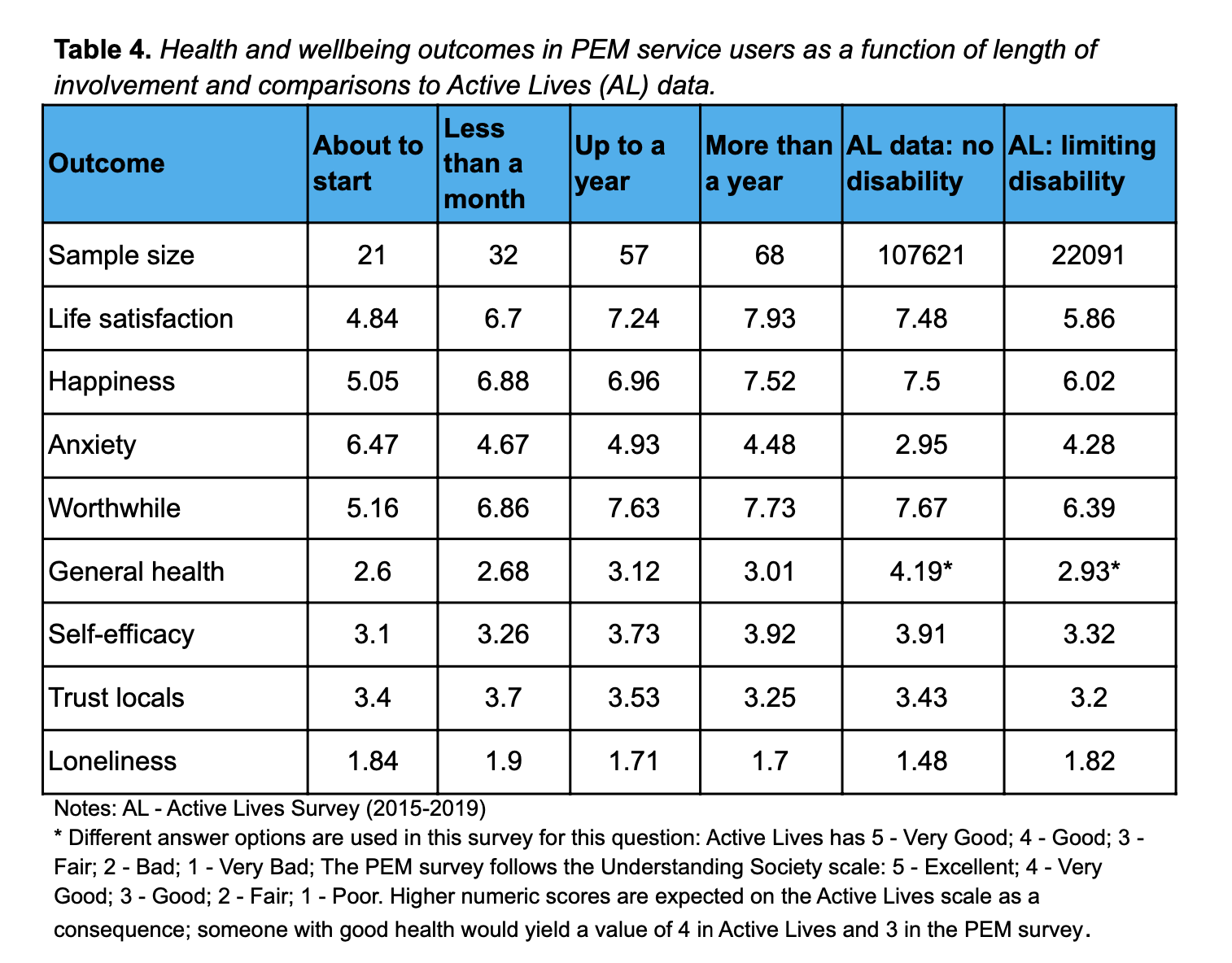Sport for Confidence - from pilot project in sport to £2m public health funding
We love it when a plan comes together.
This project has been a great example of a tough, inspired client who went the extra mile to try get the evidence on their project - it was a pleasure to help Lyndsey Barratt and the team at Sport for Confience get all the credit and funding for what they do.
Sport for Confidence is and was part of the Active Essex local delivery pilot working with Sport England funding. The objective is to test and discover what works in physical activity.
We built an impact framework and Sport for Confidence and University of Essex worked very, very hard to collect data in an NHS setting (meeting NHS ethics) from adults in social care. These were adults with long term health conditions who were receiving treatment through physical activity. This work to collect good quality data was rewarded with a stunning set of results.
These vulnerable adults started at around 4.8 on life satisfaction scale (the UK average is around 7). So these were people in need of help. Once participating for one month to a up to a year, life satisfaction scores rose up to 7.24 and then 7.93 if engaged for more than a year. See table below.
The sample sizes are small but enough for regression analysis to survive. Enough for us all to look a bit harder at all of this. And a year later what was a small, pilot project from Active Essex was transformed into a £2m funded Public Health programme from Essex Council. Lots of things went into that win - but we know the solid evidence helped a bit.
This is a massive jump and survives the more rigorous use of regression analysis in the second table below with the findings being statistically significant.
This gives the work done with these adults a value of £22k per year using the new WELLBY measure of economic value. And the WELLBY cost comparison to the NHS QALY model of economic value makes this intervention potentially 12 times more cost effective than the NHS at generating wellbeing impacts
This is all new, fairly pioneering stuff but really does show that if you put in the work to ask those you claim to help if it's working for them - you can get some stunningly positive results.
Full report and details can be found on this link


